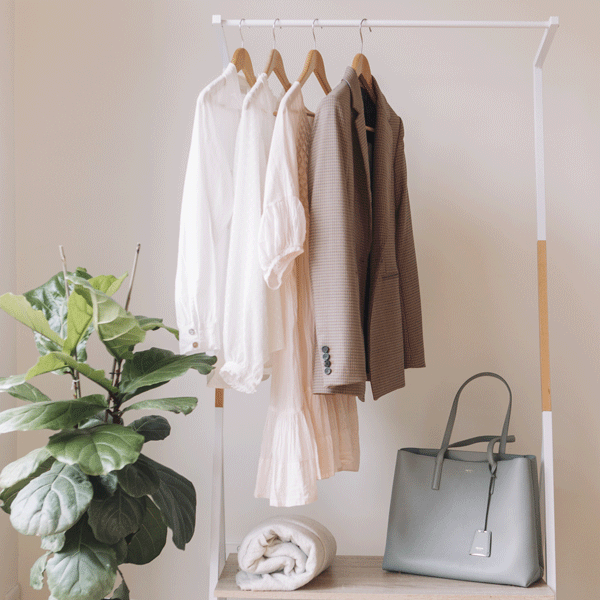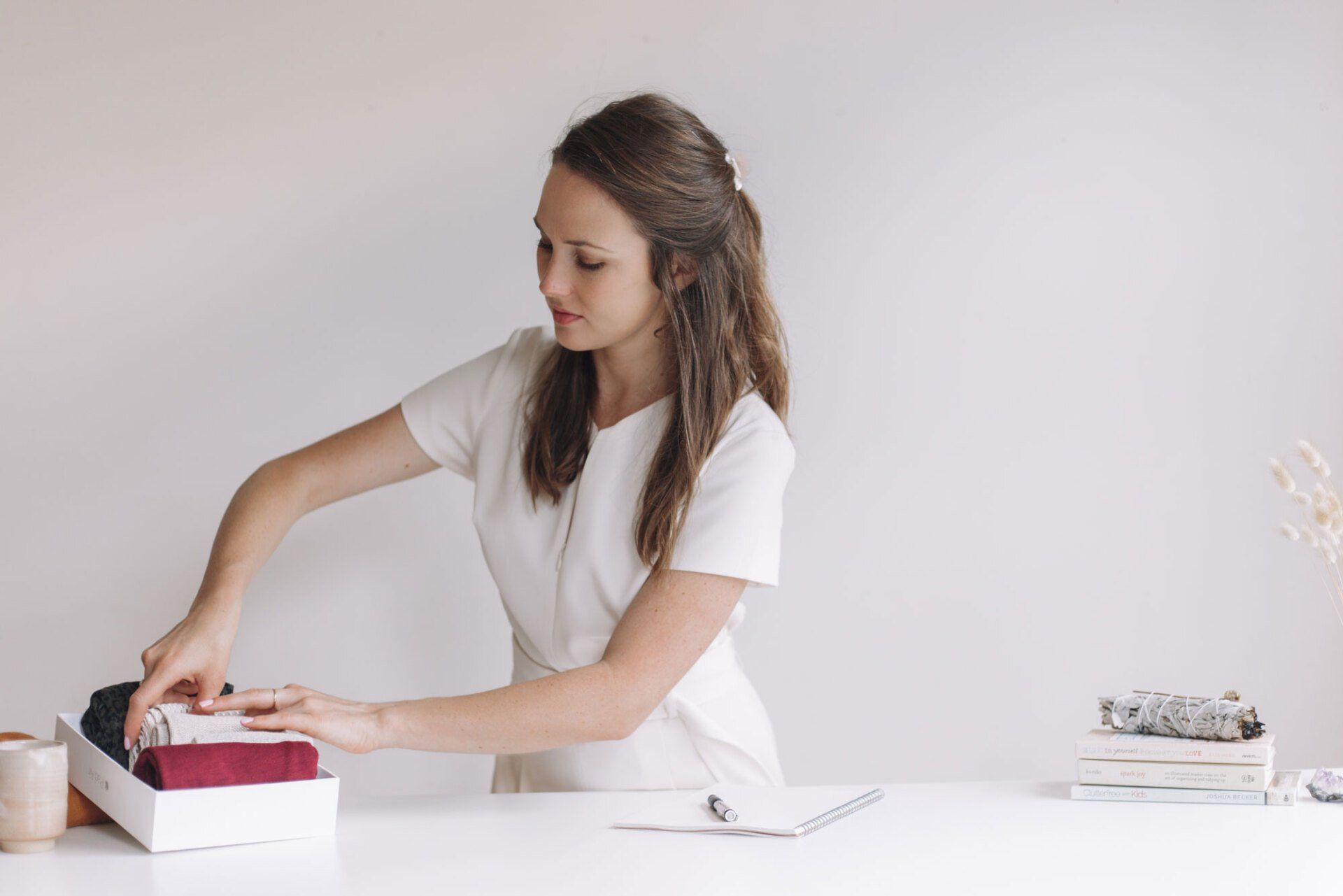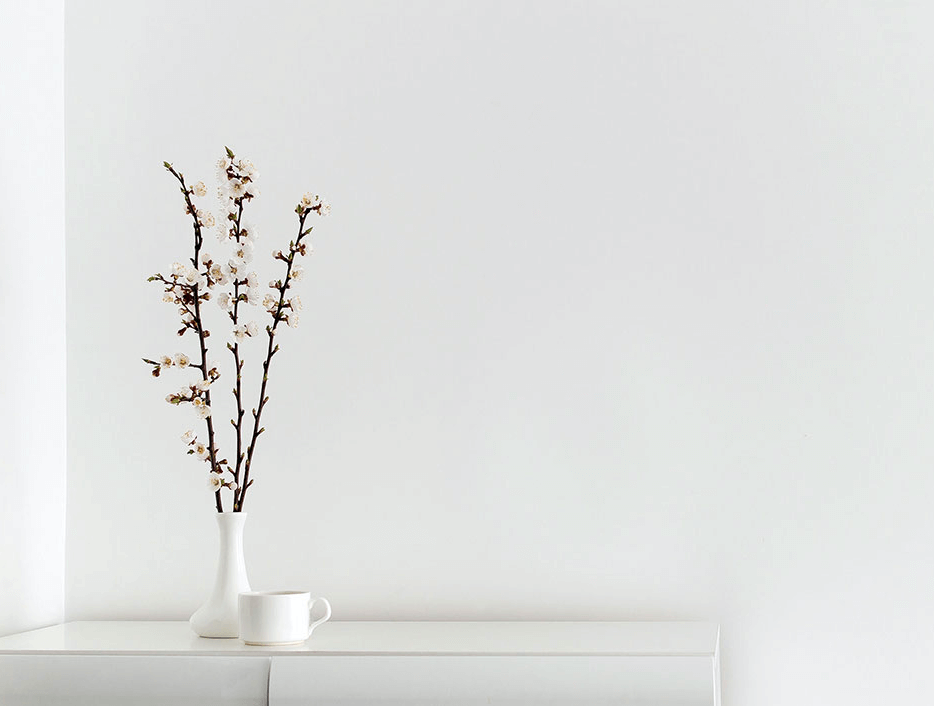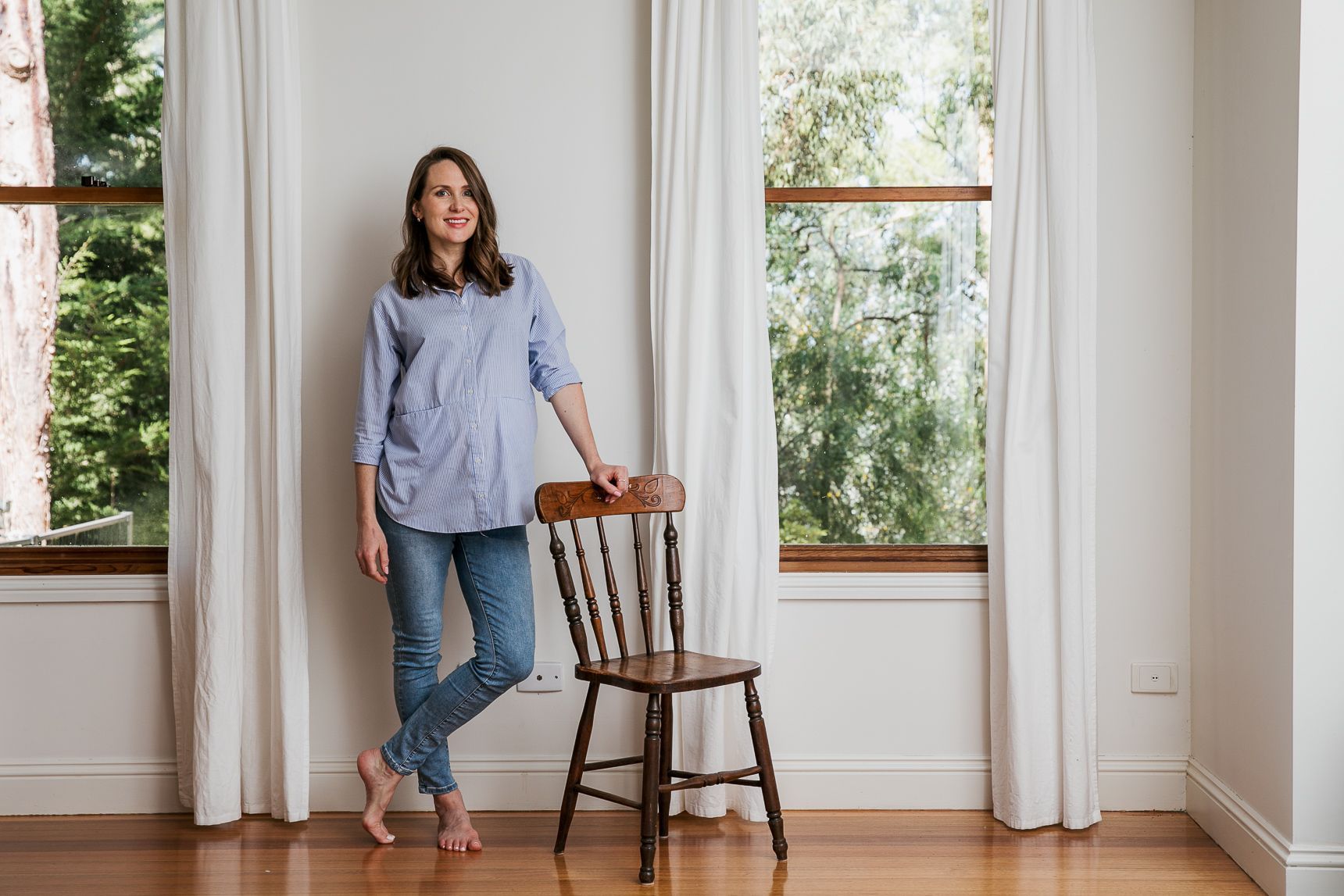6 Reasons Why Clutter is Damaging Your Health, and Costing You Money.
When you think of saving money, tidying and organisation may not be the first things that come to mind. But believe me, clutter can come at a cost. Research shows that poor organisational skills costs the US economy an estimated $89 billion annually, and the cost to health could be a lot more.
In her research, Australian psychologist Libby Sanders reveals that clutter affects our anxiety levels, sleep, and ability to focus. Dr. Sanders is an advocate of decluttering and has written previously about why she thinks there is good reason to get on board with the Konmari Method.
I have witnessed families, couples and singles completely turn their lives around after working with me. Living in an organised, calming and nourishing environment helps almost every aspect of your life. Here are six reasons why clutter and disorganisation are damaging your health, and costing you money.

1. Mess makes you less productive
Or brains like order, and constant visual reminders of disorganisation such as a messy desk or piles of paperwork on the kitchen bench drain our cognitive resources, reducing our ability to focus.
Visual distraction in the form of clutter sends our brain into overdrive and can reduce our ability to process information, but clearing clutter from our homes has proven to increase our ability to focus and be productive.
2. Clutter can affect your mental health
Most of us have a vague understanding that clutter makes us feel stressed, but now we have evidence to prove that it does actually stress us out. Scientists at the University of California have found that being surrounded by too many things increases the body’s level of the stress hormone cortisol, increasing susceptibility to depression, insomnia and anxiety. When reviewing the home environment of mothers, they discovered that cortisol was higher in mothers living in a cluttered environment.

Clutter is proven to increasing susceptibility to depression, insomnia and anxiety.
In short, clutter induces a negative mindset, reduces motivation and diminishes happiness.
3. Constant clutter can affect your physical health
If you’re living in a constantly messy environment you could be facing potential health problems. Living in an environment that is messy and cluttered can lead to your body producing a low-grade fight or flight response which could wreak havoc on your digestive and immune systems.
This is probably a good time to remind you that if you or someone you know is suffering from a hoarding disorder, visit our blog for Decluttering Tips for Hoarders for links and advice.
4. Disorganised living, means you’re probably wasting time
Time is precious. If there is anything the pandemic has taught us, it’s that we never know what is around the corner so we must use our time well. I think we can all agree that constantly tidying up a messy environment and searching for lost items is not the best use of your time.
On the other hand, living and working in an organised environment, where each item has a home, eliminates the need to search for lost items, and makes cleaning and all round living simpler.
Being organised gives time back to us.

5. You’re probably not sleeping well in mess
If you find yourself falling asleep more easily in a minimalist hotel or after a big
spring clean , this is no coincidence. People who sleep in cluttered bedrooms are more likely to have sleeping problems, both in terms of falling asleep and waking up during the night. There is a lot to be said for tidying up before you go to bed – a clean floor will not only make the space feel calmer, but will aid in the ease of sleep.
The bonus of tidying up at night is that you will also set yourself up for the day ahead as you wake up to a clean room in the morning.

Read Your Sleep Sanctuary Nighttime Rituals for more sleep support.
6. You might be losing opportunities
This might be my favourite reason to get organised. I can attest first hand that getting your life in order brings opportunities. With all the time you get back and reduced stress-levels, you’ll be the best version of yourself, and will be in a much better position to pursue your dreams, start that side hustle, train for that marathon, or even commit to finding your perfect match. Getting organised hunts down those opportunities and brings them to fruition.
If all this doom and gloom has sent you crawling under your desk, don’t worry, I have good news for you. Organisational psychology research shows that being organised triggers positive behaviours! Scientists have proven that living and working in organised environments encourages healthy eating choices and socially responsible habits, such as donating to charities.

In summary, organisation not only reduces stress and makes sleeping easier but also triggers positive, healthy behaviours. If that isn’t motivation enough to get tidy – I don’t know what is!
Need help?
Click here to book a one-on-one session with Sally, and sign up to our newsletter for support delivered straight to your inbox.












